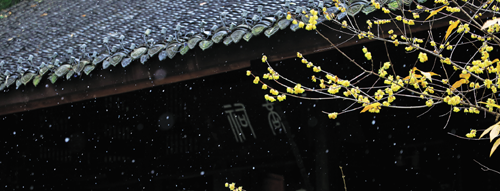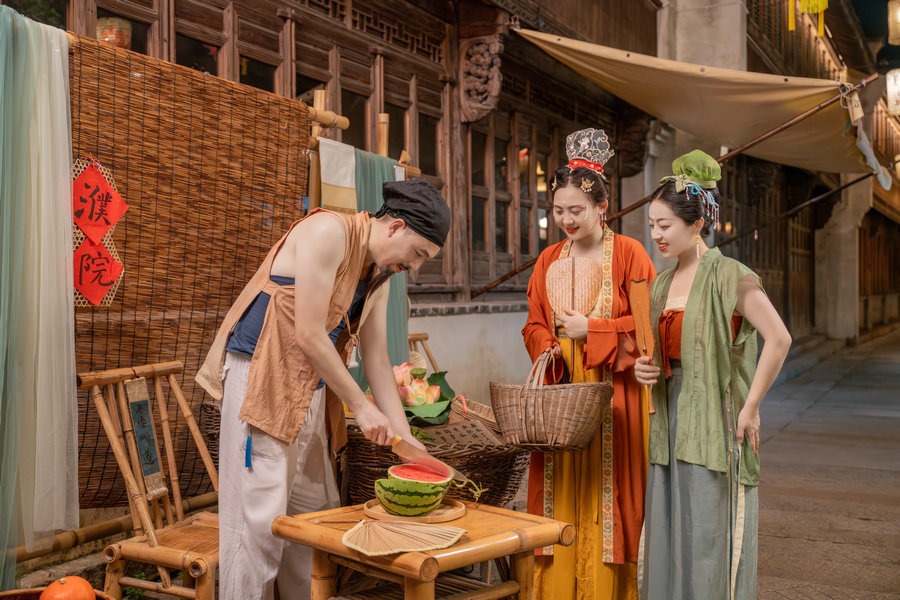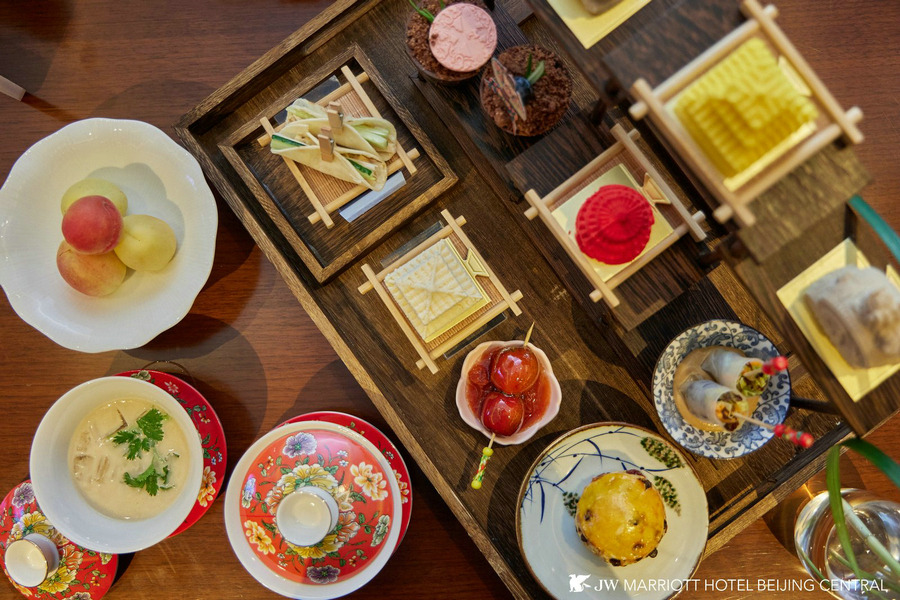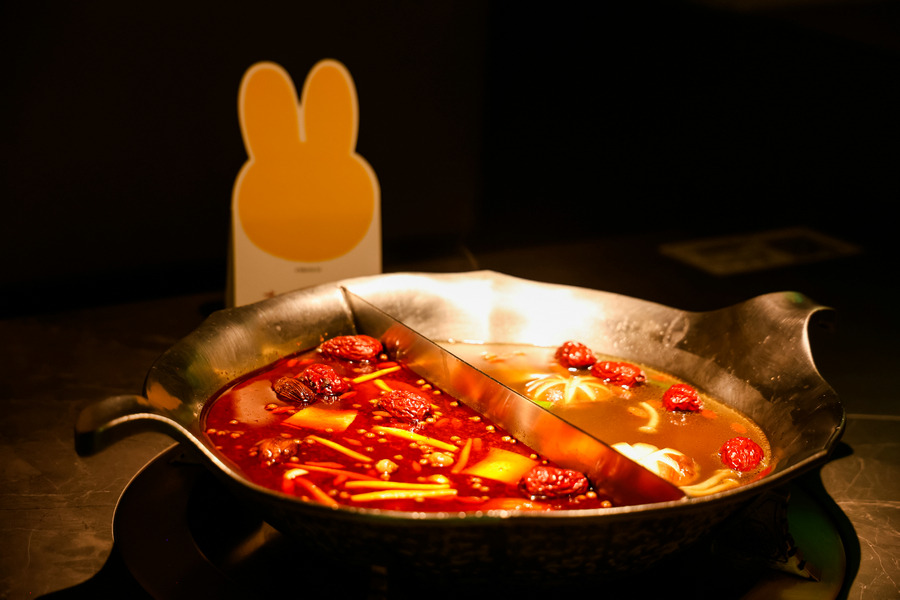Home among a thousand sorrows
Du Fu Thatched Cottage Museum offers plenty to enjoy even if poetry is not your thing, Huang Zhiling and Shi Wanxiang report in Chengdu.


For poetry lovers, the Du Fu Thatched Cottage Museum in Chengdu, Sichuan province, is a must-do pilgrimage.
During his three-year-and-nine-month stay in the cottage, Du Fu (712-770), who is one of China's most revered poets, penned 240 of his 1,400 extant poems.
Couplets with lines from Du's poems greet the eye, gracing gates, pillars and halls in the museum.
Good Rain on a Spring Night and Song of the Autumn Wind and the Cottage, which every Chinese student can recite, are two of the masterpieces Du wrote in the cottage.
Because of the poet's influence on Chinese literature, Du was hailed as China's Shakespeare in Du Fu: China's Greatest Poet, a BBC English documentary that premiered on April 6, 2020.
For those who are not familiar with his poetry, visiting the nearly 20-hectare cottage museum at this time of the year is still a treat because of the scent of the 30 varieties of plum trees that are in blossom.
People in Chengdu have had the tradition of planting plum trees since ancient times.
Lu You (1125-1210), a native of Shaoxing, Zhejiang province, is another poet who secured his place in the history of Chinese literature.
He was an official in Sichuan and visited the Qingyang Taoist Temple and Du's cottage, both of which are in the western part of Chengdu. At 65, he stepped down as an official and settled down in Shaoxing. Recalling his trip, he penned the following lines:
Riding a horse in west of Chengdu,
I was intoxicated with plum blossoms;
Ten kilometers of fragrance,
From Qingyang Taoist Temple to Flower Bathing Brook.
Du's cottage by the Flower Bathing Brook has flowers in all four seasons, magnolias in spring, lotus flowers in summer, sweet-scented osmanthus in autumn and plum blossoms in winter. Visitors like the sweet-scented osmanthus and plum blossoms most because of their fragrance.

































